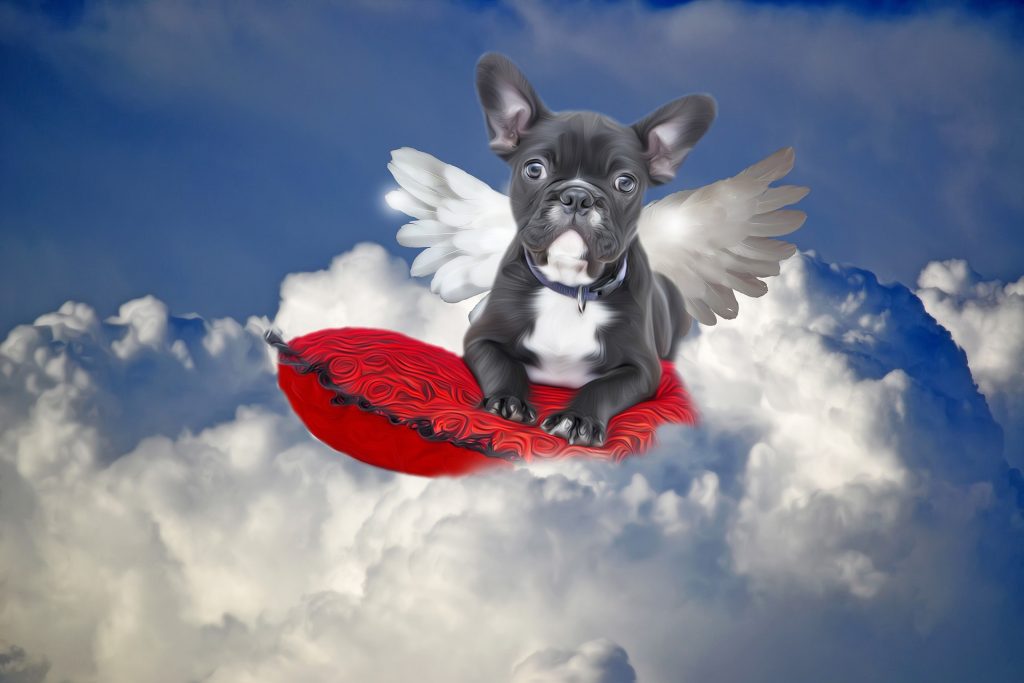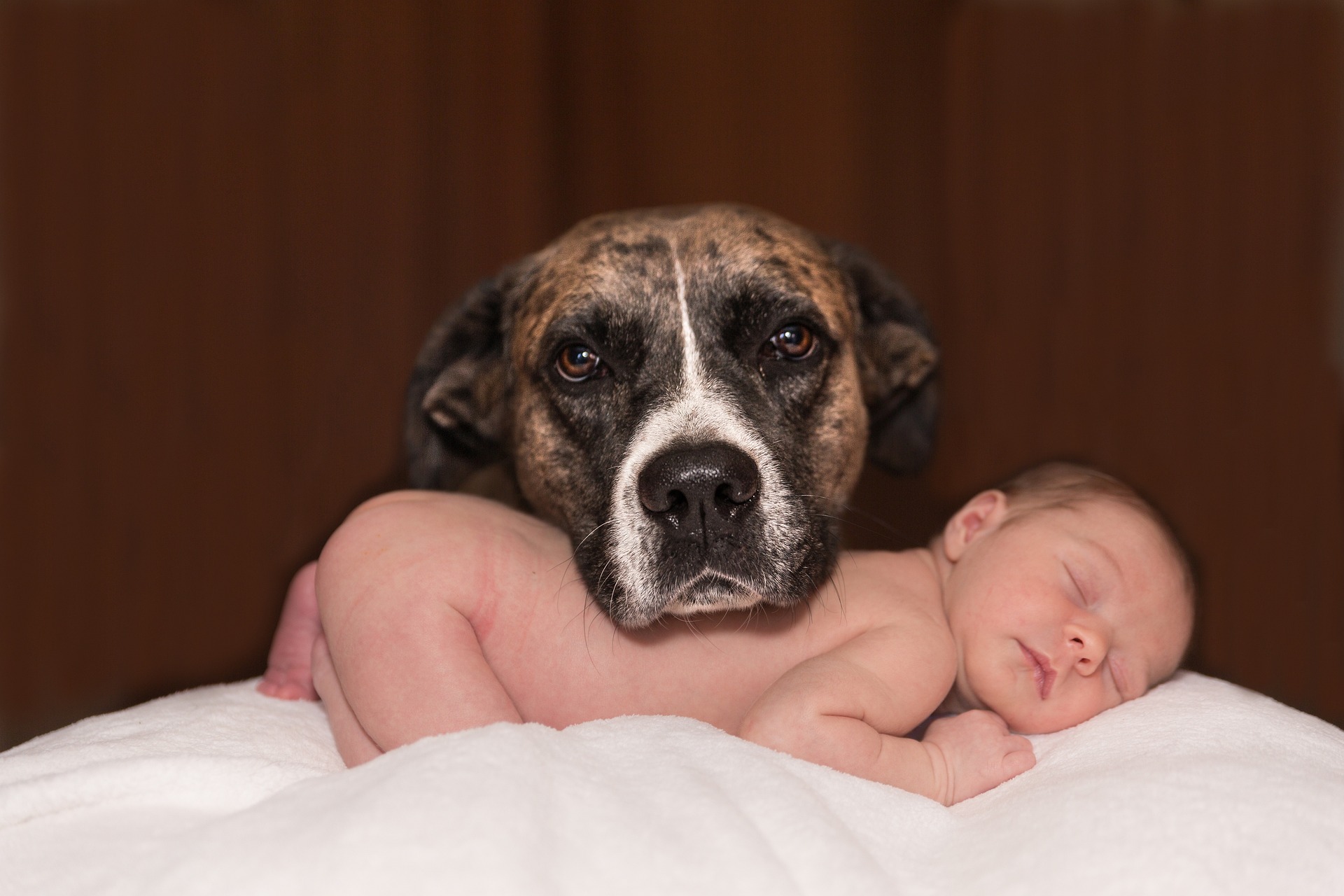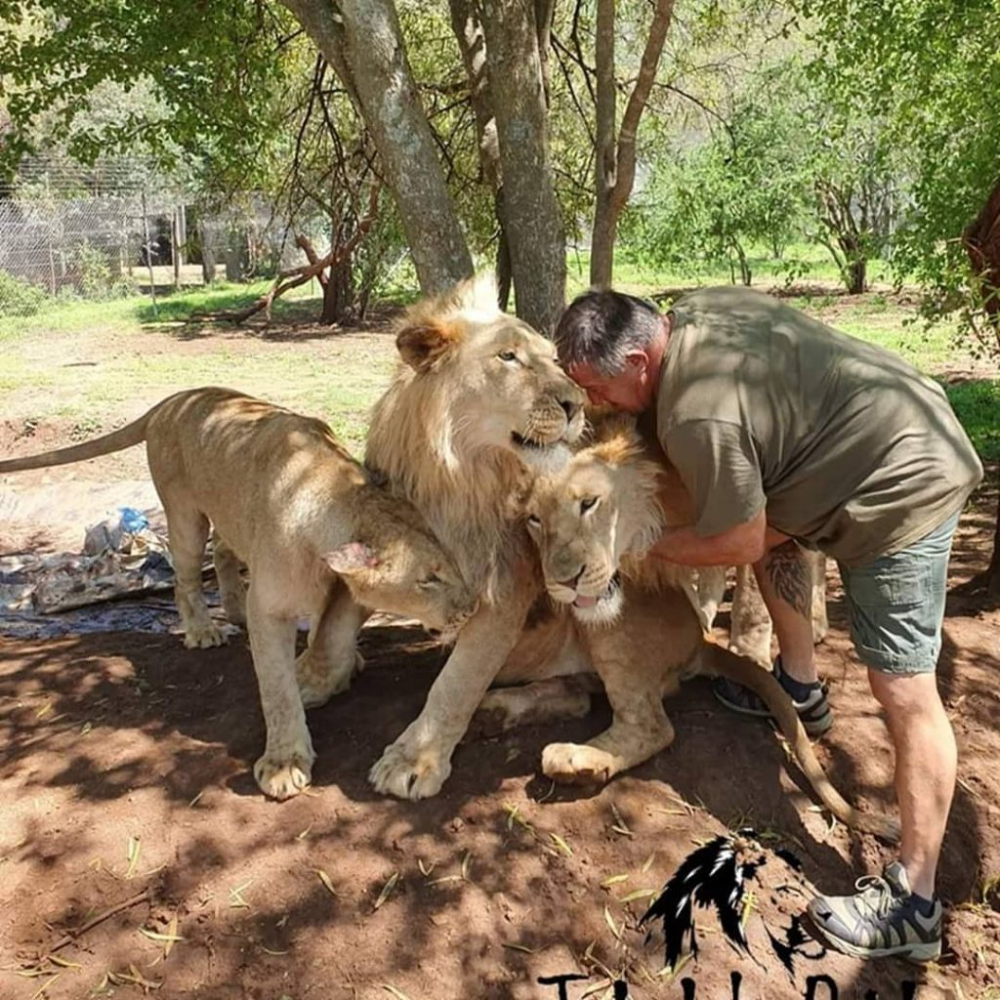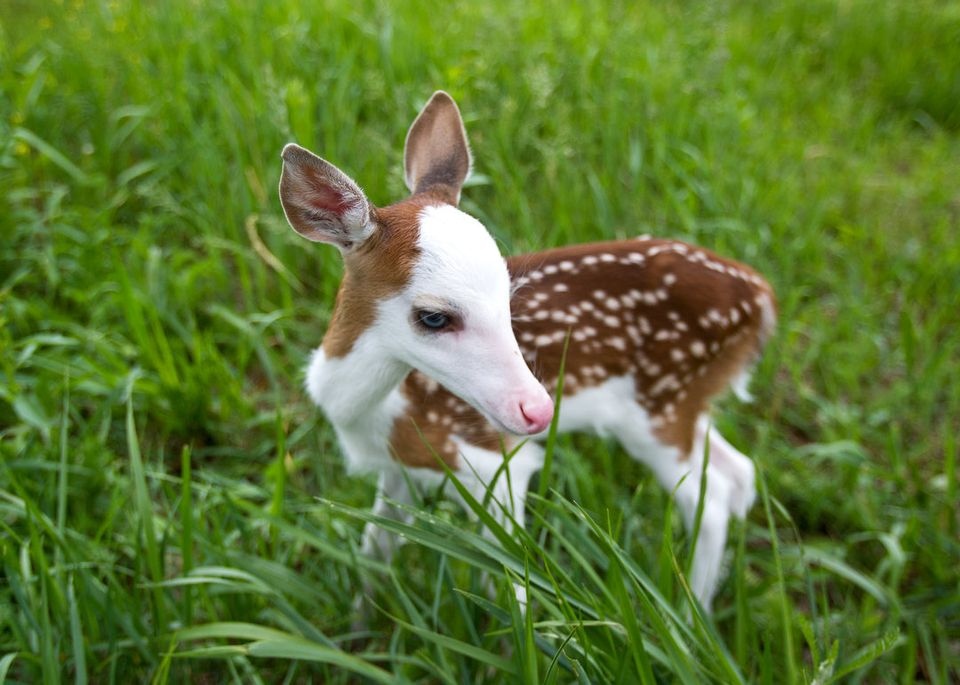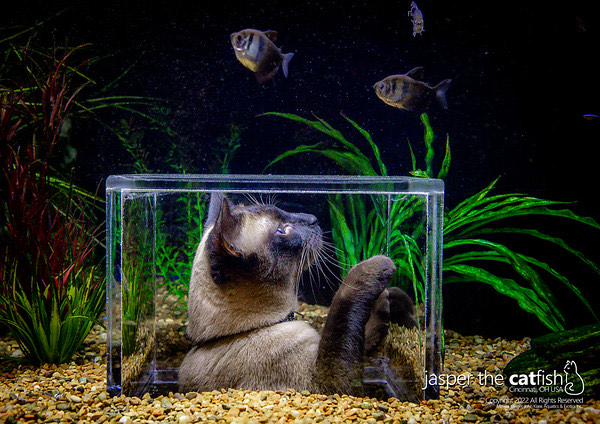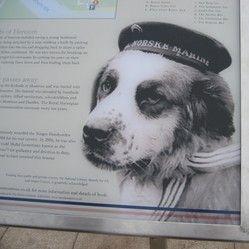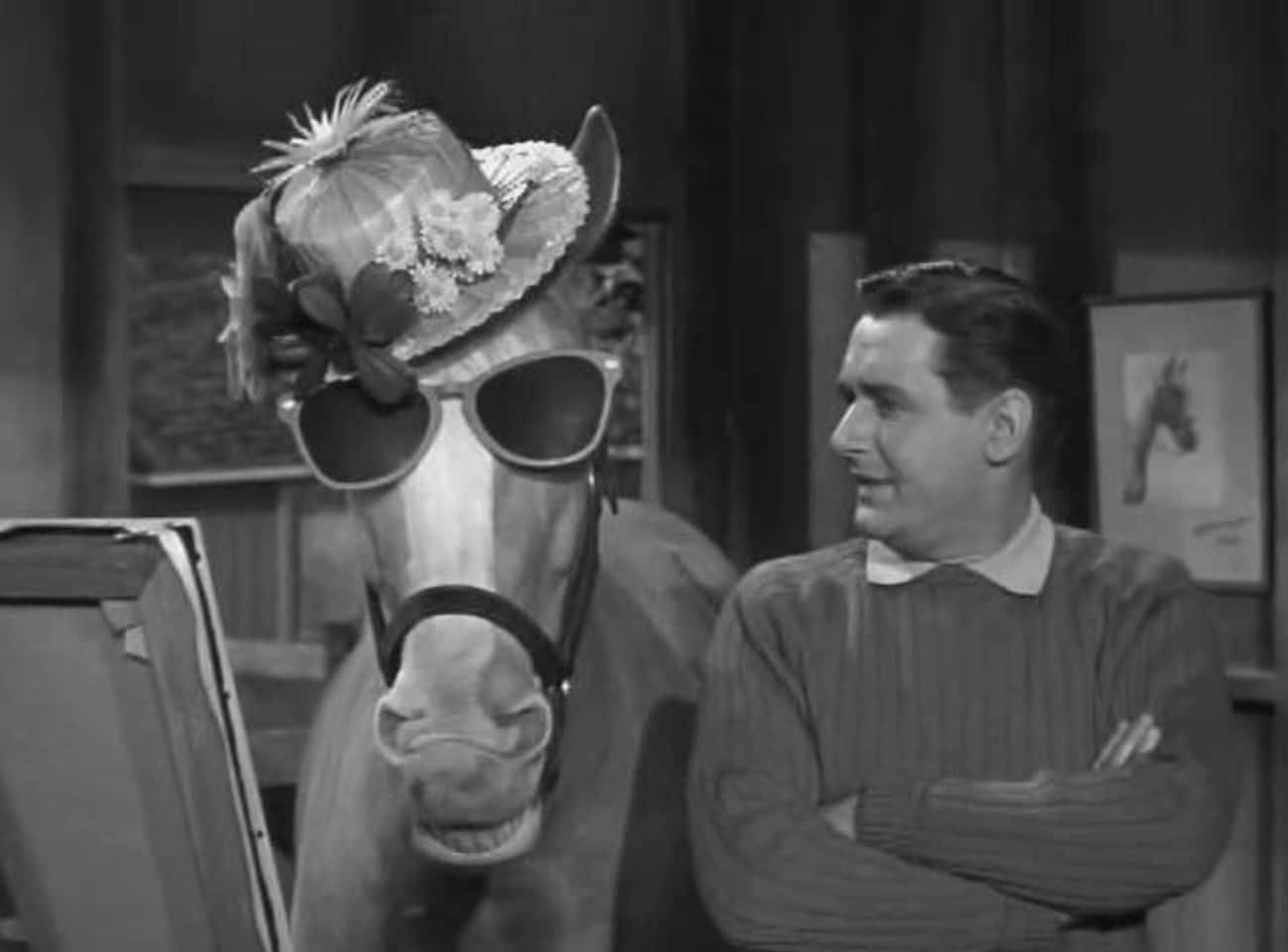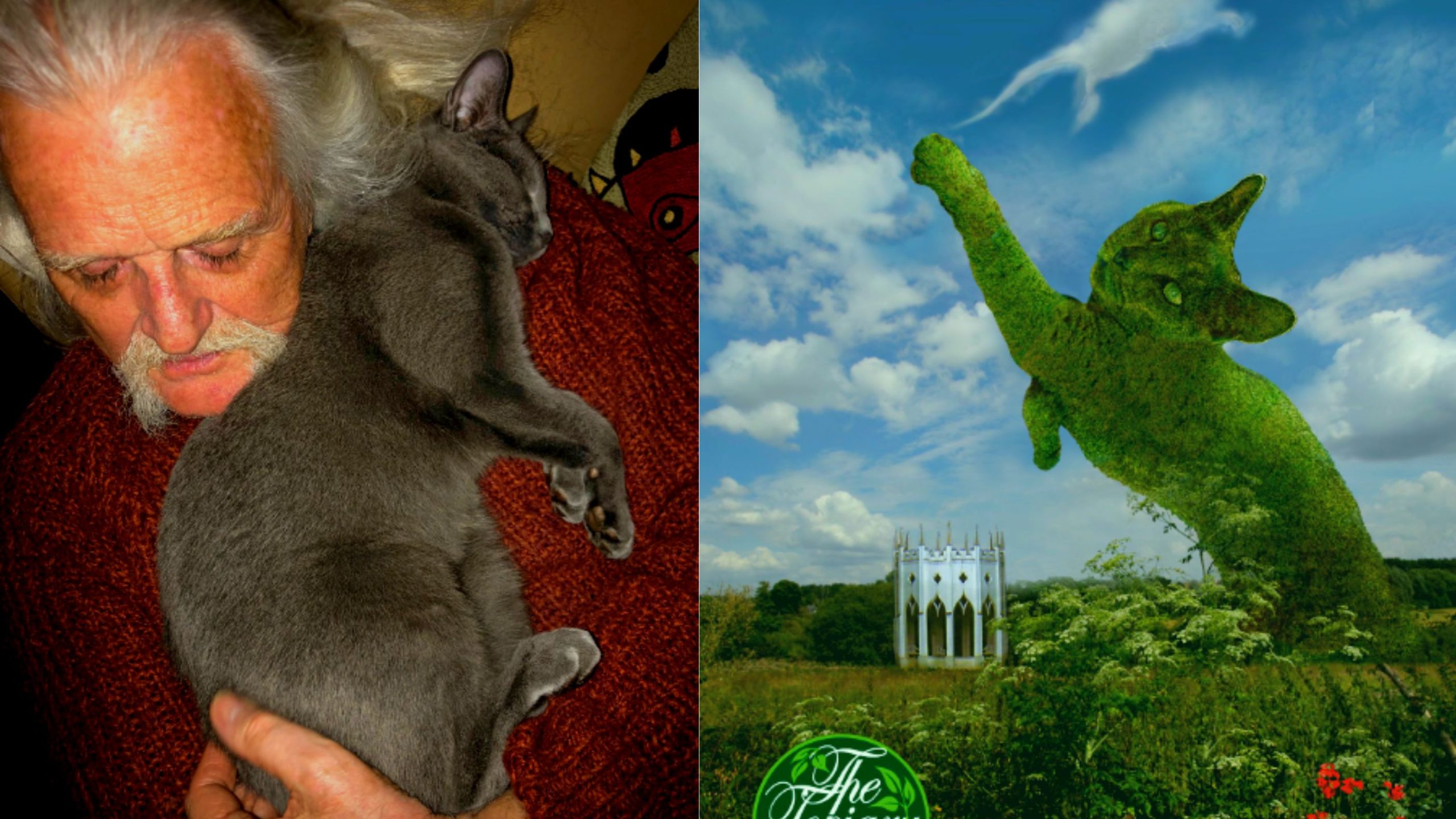Dogs have been called man’s best and loving friend for a reason. They are loyal, friendly, and have an unwavering ability to love. Dogs have been by our side for thousands of years and have proven themselves time and time again to be some of the most loyal and loving animals on the planet. In this article, we will explore the nature of dogs’ love, what makes them so loyal, and why they continue to be a beloved companion for humans all over the world.
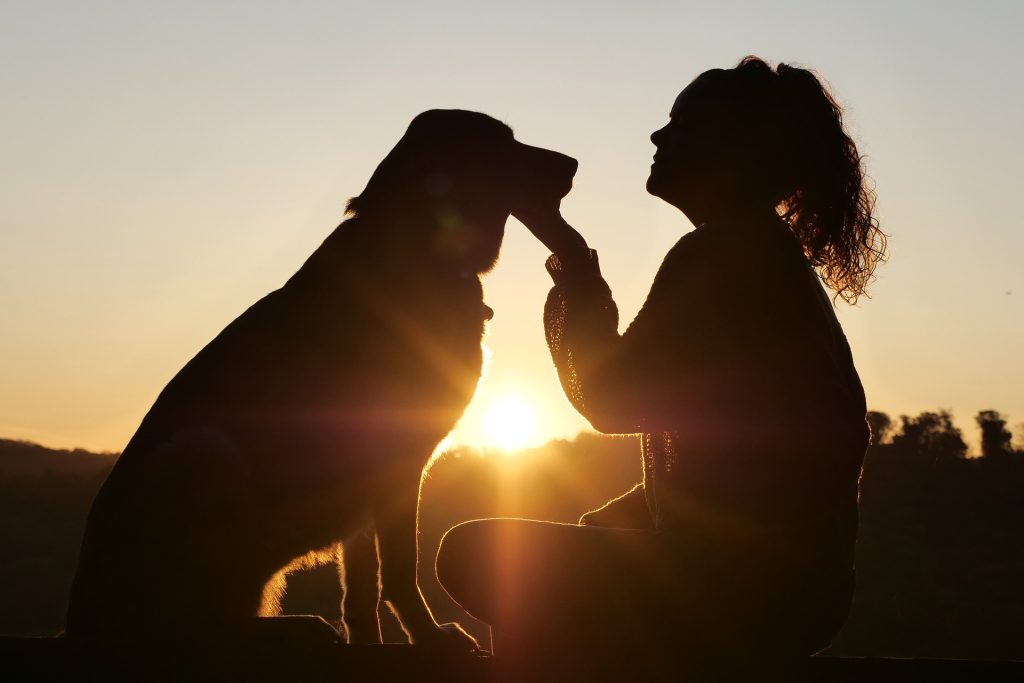
Dogs have been domesticated for over 15,000 years and have since become an integral part of human society. They have been trained to work alongside humans in a variety of capacities, from hunting to herding to providing assistance to those with disabilities. But one thing that has remained constant throughout history is their ability to love unconditionally. Unlike humans, dogs do not hold grudges or hold onto negative feelings. They simply love their owners no matter what.
So what makes dogs so loving? There are a few factors that contribute to their affectionate nature. Firstly, dogs are packed animals, and their natural instinct is to form close bonds with their family members or owners. This is why they often become so attached to their owners and will follow them around wherever they go. Dogs are social animals, and they thrive on human interaction and attention.
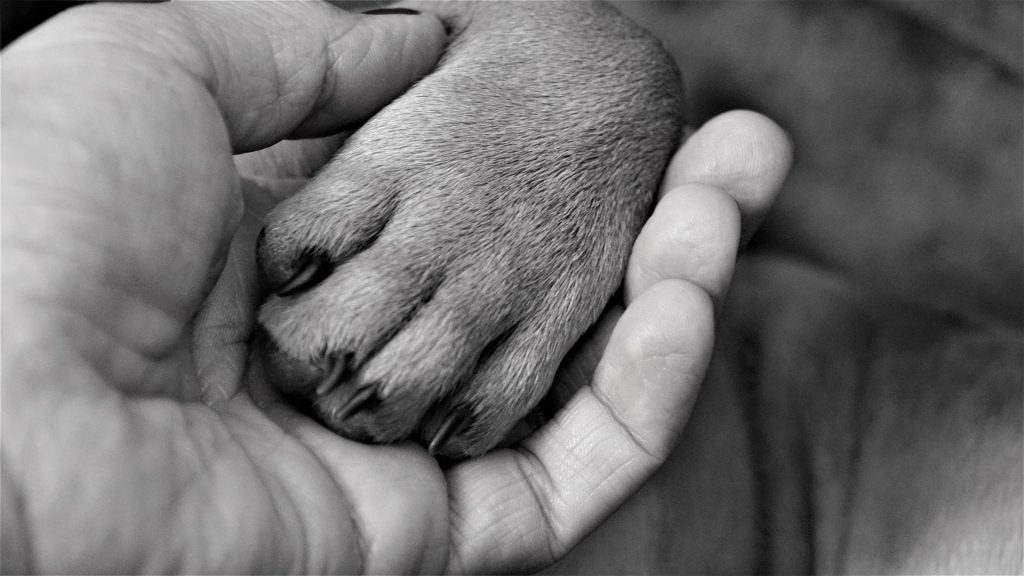
Another factor that contributes to dogs’ loving nature is their ability to read human emotions. Dogs are incredibly perceptive creatures and can pick up on even the subtlest of emotional cues. They are often able to sense when their owners are feeling sad or upset and will do their best to comfort them. This is why dogs are often used as therapy animals for those suffering from mental health issues or disabilities.
READMORE: How to Know If Your Rabbit is Happy
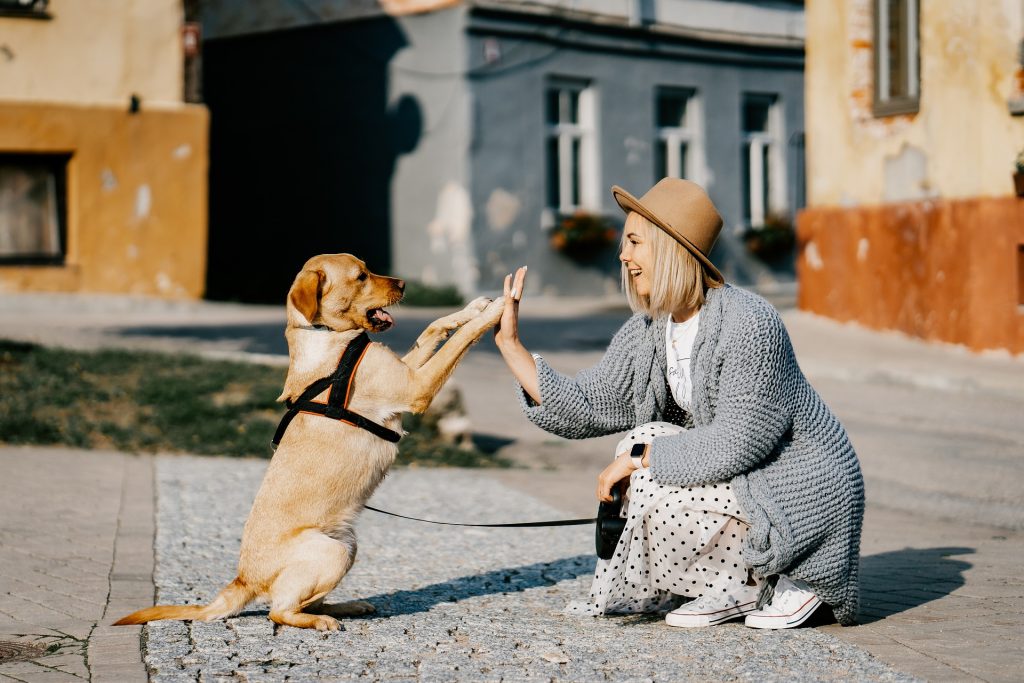
Dogs also show their love through physical affection. Whether it’s a lick on the face, a tail wag, or a cuddle on the couch, dogs love to show their owners just how much they care. This physical affection releases a hormone called oxytocin, which is often referred to as the “love hormone.” Oxytocin is responsible for feelings of bonding and attachment, and it is one of the reasons why dogs and humans are able to form such strong emotional connections.
In addition to their natural loving nature, dogs also have an incredible ability to form deep emotional bonds with their owners. This is due in part to their long-term memory and their ability to recognize and remember familiar faces and scents. Dogs are able to form memories that last for years, and they are often able to remember their owners even after long periods of separation.
This ability to form long-term memories is why dogs often display separation anxiety when their owners leave them alone for extended periods of time. They become attached to their owners and feel a strong emotional bond with them, making it difficult for them to be apart. This is why it’s important for owners to spend time bonding with their dogs and building a strong emotional connection.
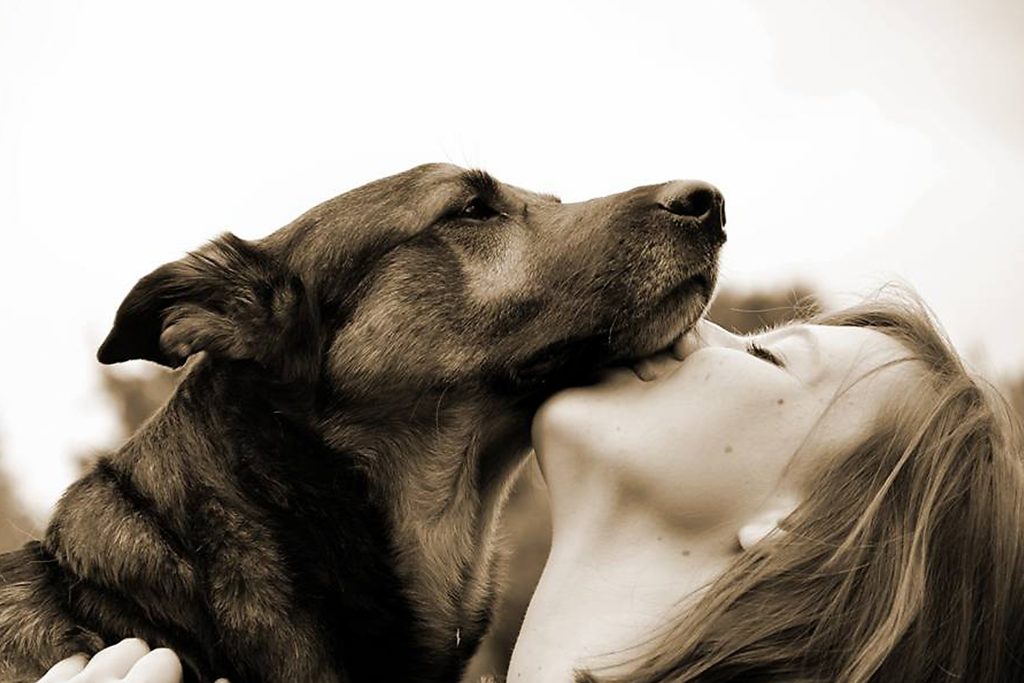
While dogs’ loving nature is certainly a key factor in their popularity as pets, it’s not the only reason why they continue to be such beloved companions. Dogs are also incredibly loyal animals, and their loyalty is often what sets them apart from other animals. Dogs have been known to risk their own lives to protect their owners, and they will go to great lengths to ensure their owners are safe and protected.
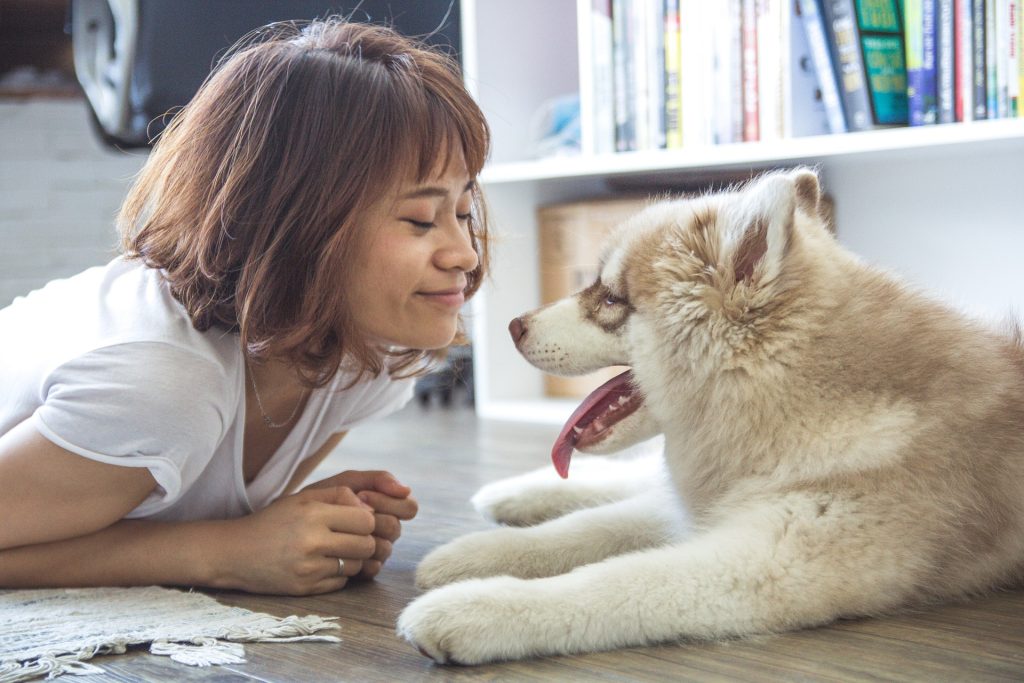
This loyalty is due in part to dogs’ natural instinct to protect their pack. As pack animals, dogs are wired to protect those around them, and this includes their owners. Dogs are also incredibly perceptive creatures and are often able to sense when their owners are in danger. This is why they make such great guard dogs and are often used by law enforcement and the military.
Another reason why dogs are so loyal is because of the way they are raised and trained.
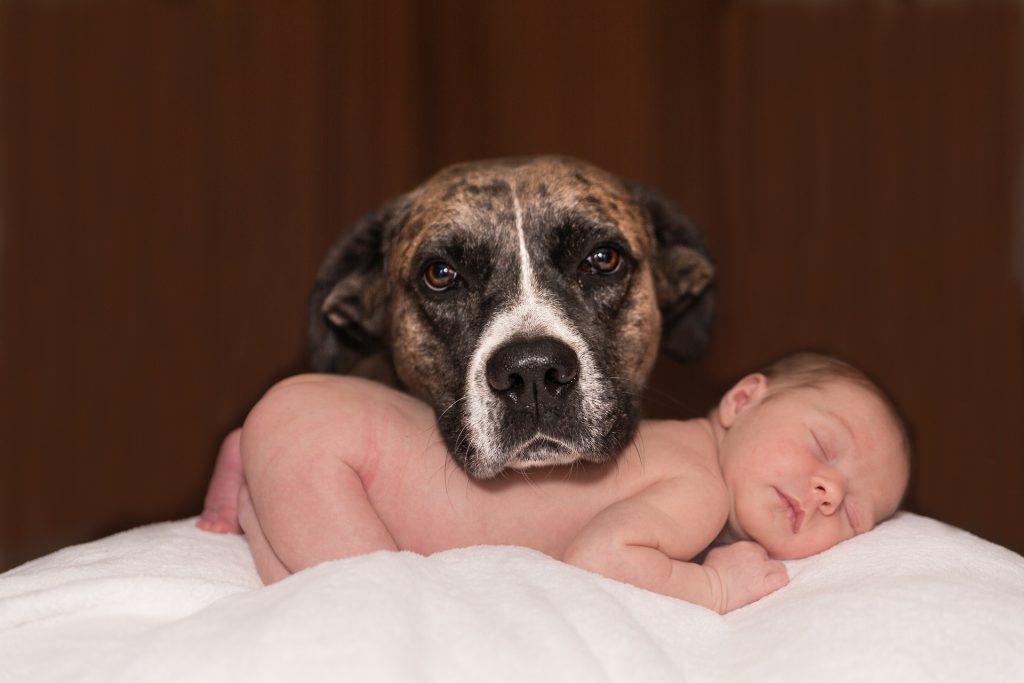
Actually, a dog is not only a pet but also our life. And their whole world is only us.
